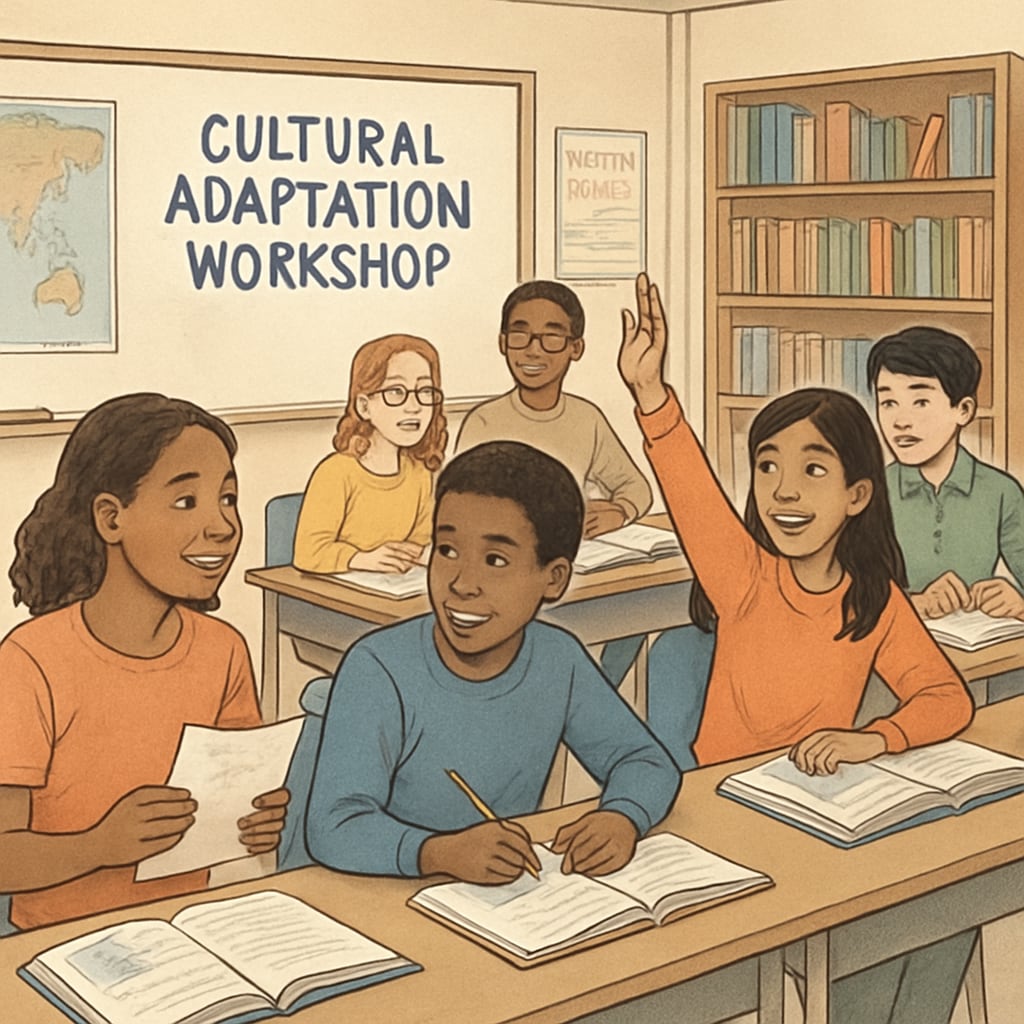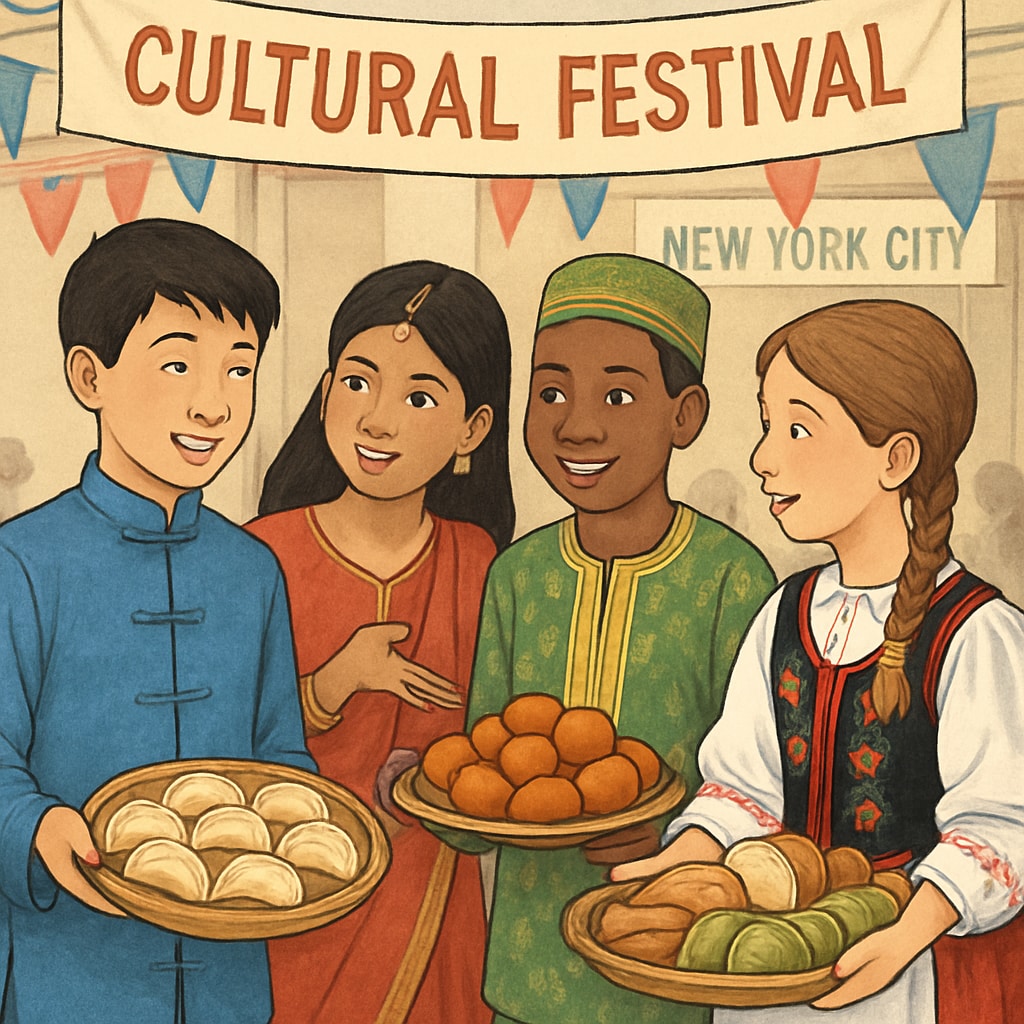Adapting to a new cultural and educational environment can be a significant challenge for international students in the United States. For those living and working in New York, the process of cultural adaptation often requires a combination of adult education, cultural adaptation programs, and foundational knowledge of American culture. By accessing the right resources, international students can bridge cultural gaps and thrive both academically and socially. This article provides a comprehensive guide to cultural education resources available in New York City, aiming to support international students in their journey toward successful integration.
Why Cultural Adaptation Matters in the U.S.
Moving to the U.S. for education or work involves more than just geographical relocation; it demands a thorough understanding of cultural norms, social etiquette, and communication styles. For international students, cultural adaptation is essential for building relationships, excelling academically, and navigating professional settings. Without a strong foundation in these areas, misunderstandings and isolation are common challenges.
For example, the U.S. education system encourages open discussion and student participation, which might differ from the lecture-based approaches some international students are accustomed to. Additionally, subtle cultural cues, such as the preference for direct communication or the emphasis on punctuality, can take time to learn. These differences highlight the importance of supplemental education programs tailored to cultural adaptation.

Top Cultural Education Resources in New York
New York City, as a global hub, offers a wealth of resources to help international students adapt to American culture. Below are some of the most effective programs and institutions:
- The International Center in New York (ICNY): This organization offers cultural workshops, English language classes, and networking events specifically designed for non-native residents. Their programs focus on practical skills like conversational English and understanding workplace culture.
- Community Colleges: Institutions like LaGuardia Community College and Borough of Manhattan Community College provide adult education courses, including American history, cultural studies, and communication skills.
- Public Libraries: The New York Public Library (NYPL) hosts free workshops on topics such as job readiness, digital literacy, and cultural adaptation. These resources are invaluable for international students seeking to enhance their foundational knowledge.
By participating in these programs, students can gain not only practical skills but also opportunities to connect with peers facing similar challenges. This sense of community can make the adaptation process less daunting.
Strategies for Effective Cultural Adaptation
In addition to formal education programs, international students can employ personal strategies to accelerate their cultural adaptation. Here are some practical tips:
- Engage in Local Activities: Attend community events, volunteer opportunities, and cultural festivals to immerse yourself in American culture.
- Practice Language Skills: Join conversation groups or language exchange programs to improve your English proficiency and confidence.
- Build a Diverse Network: Form relationships with both local students and fellow internationals to broaden your perspectives and support system.
- Utilize Online Resources: Platforms like Meetup and InterExchange offer opportunities to connect with communities and cultural programs.
These strategies, combined with formal education programs, can create a well-rounded approach to cultural adaptation. They empower international students to develop the foundational knowledge and skills necessary to navigate life in the U.S.

Conclusion: Building Bridges Through Education
For international students in New York, the journey of cultural adaptation is both challenging and rewarding. By leveraging adult education programs, cultural workshops, and community resources, students can gain the foundational knowledge required to thrive in the U.S. Beyond academic success, these efforts foster a deeper understanding of American society, creating meaningful connections and long-term opportunities.
Whether you’re navigating your first American classroom or adjusting to workplace dynamics, remember that cultural adaptation is a process. With patience, persistence, and the right resources, international students can turn cultural differences into valuable learning experiences.
Take the first step today: Explore the resources mentioned above and begin your journey toward cultural fluency and professional success in the U.S.


